Today we have Facebook to burst out, to come out inwardly and pour bile, as if social networking is here to work as a cleaner.
And just like that we have to hire the signs with the curses of the ancient world, like Facebook posts that were everywhere, concerned everyone and you met them even in the most incredible places!
Other deliberately blurred and others creepily clear, these curses had many reasons for being born, although the most common were political, economic and romantic. Some were simple orders for revenge and divine justice, and still others were complex strategies for pain and untold suffering.
These plates was we would say a special pillar of Greco-Roman antiquity, because yes, where else would this habit be born? The origins of the curse are well rooted in the ancient Greek tradition.
But what did these demonic invocations involve?
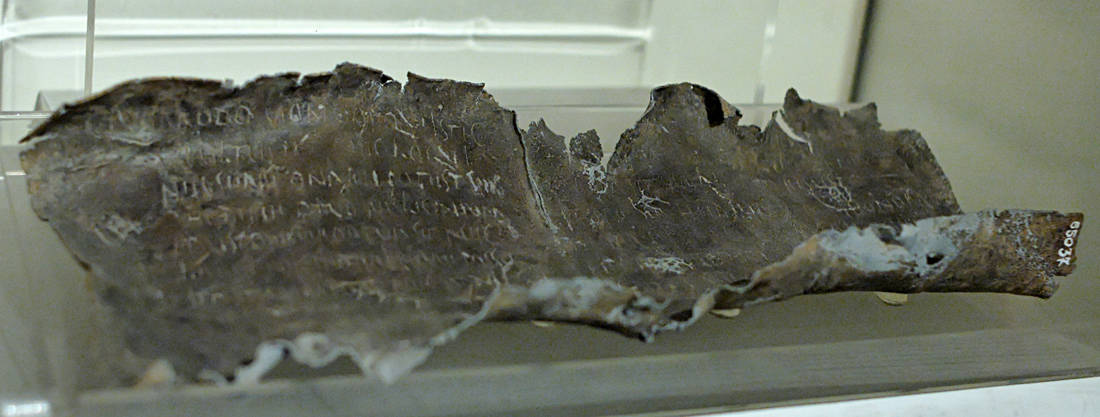
One of the best surviving signs for this and our favorite type of curse comes to us from Amathus, the city-state of Cyprus. "Let your penis hurt when you make love", this is what the engraver writes on a lead sign curse which came to light in 2008 during an excavation in the ancient kingdom of the south coast of the island.
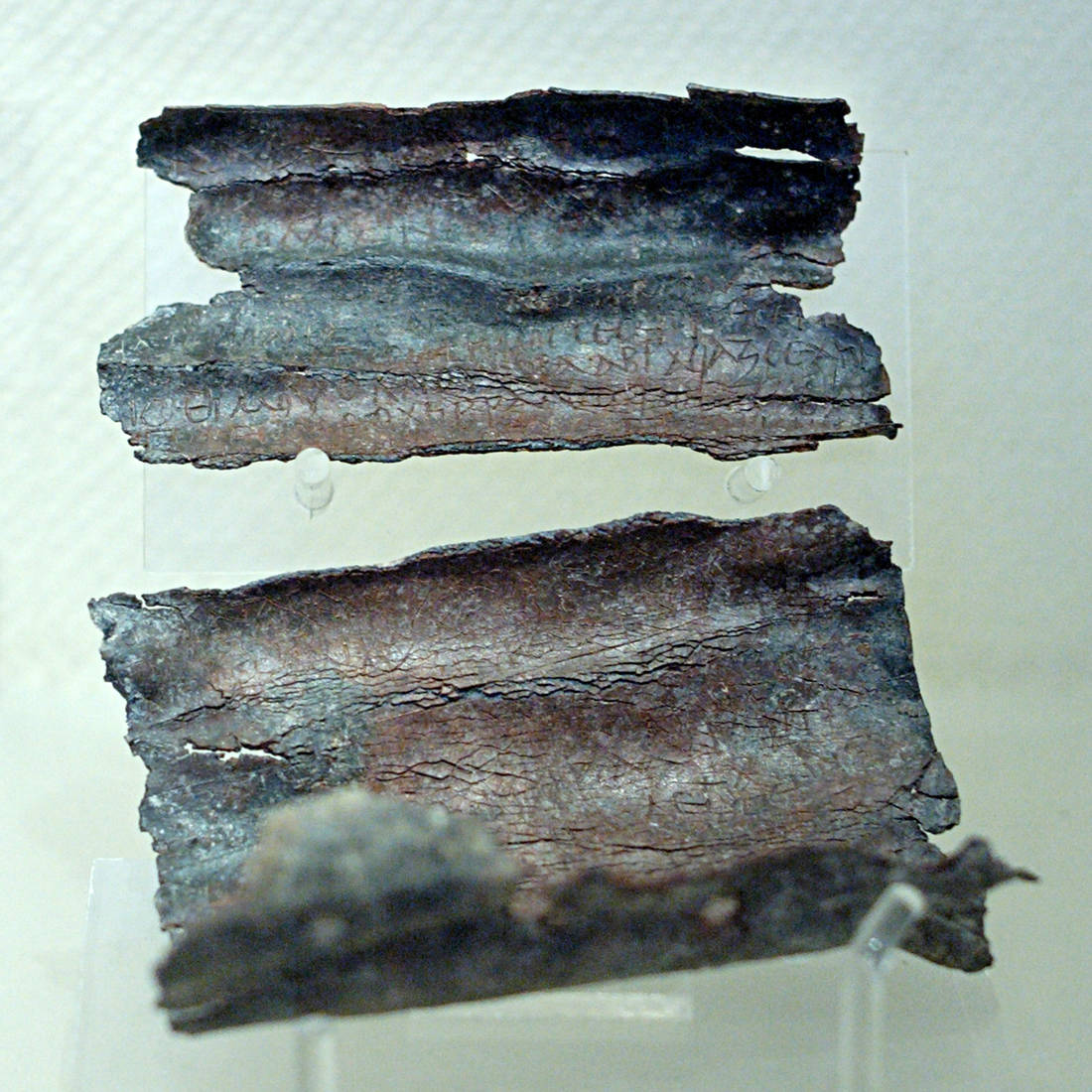
Despite the advent of Christianity, many pagan beliefs and cults survived for several centuries, so it was not uncommon for the Greeks to invoke the old gods when they wanted to settle an issue that the new god did not approve of.
And here, academics tell us, the curse was perhaps the privileged space from which the old traditions pierced into the new cult context. The oldest signs with curses date from the 5th century BC. and we have even found curses of the 7th century AD, when Christianity was established for good, that is, in Greece.
Greece was especially known in the ancient world for the tradition of the curse, which passed on to Roman civilization, both in its democratic and imperial periods. From there it even spread to the ends of the known world, even reaching Britain.
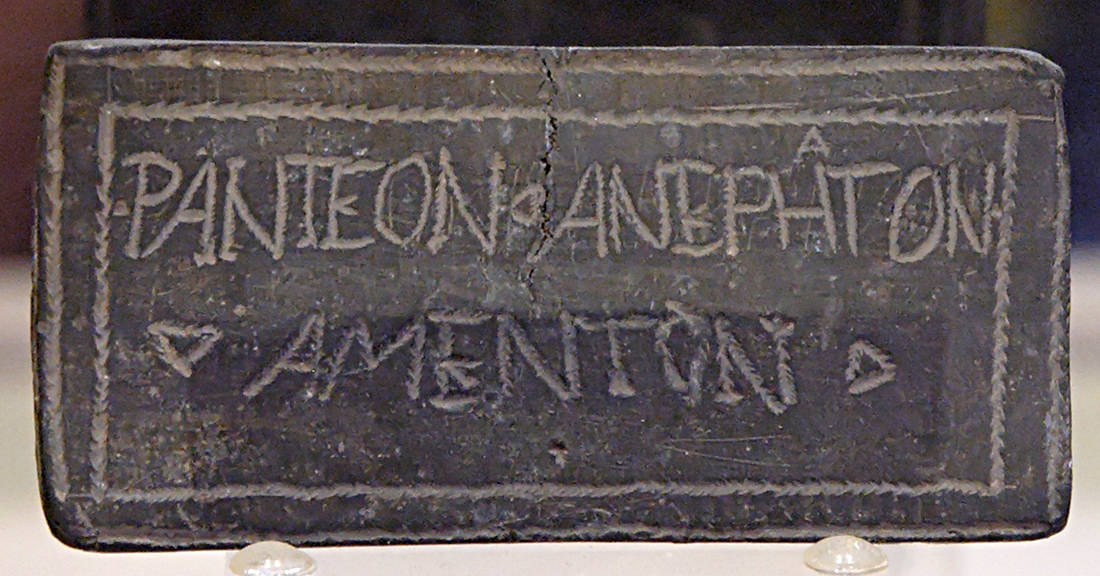
Archaeologists are well aware of the prevalence of these signs, the contents of which were left to the imagination of the author and the degree of his month. And they contained everything from invoking gods to destroy or kill someone to specific instructions on what exactly to suffer. As with the penis we said before.
The gods that our ancestors invoked when they were about to cast their curses were usually the chthons of the Underworld, such as Hades, Persephone and Hermes. In fact, it was not at all unusual for them to be attached to gods of other traditions, when they were deemed more suitable to successfully complete the curse.
Ancient civilizations interacted a lot with each other and there was an indefinite flow of divine entities. Osiris, for example, was not only invoked by the Egyptians, but also by the Greeks, when they apparently stunned Hades.
Most of the ancient Greek curses we have in our hands are engraved on lead sheets, a tradition that passed as it is in the Roman world. We do know, however, that there were other curses that were written on parchment and wax plates and were carefully inserted into the crevices of the outer walls of the victim's house.
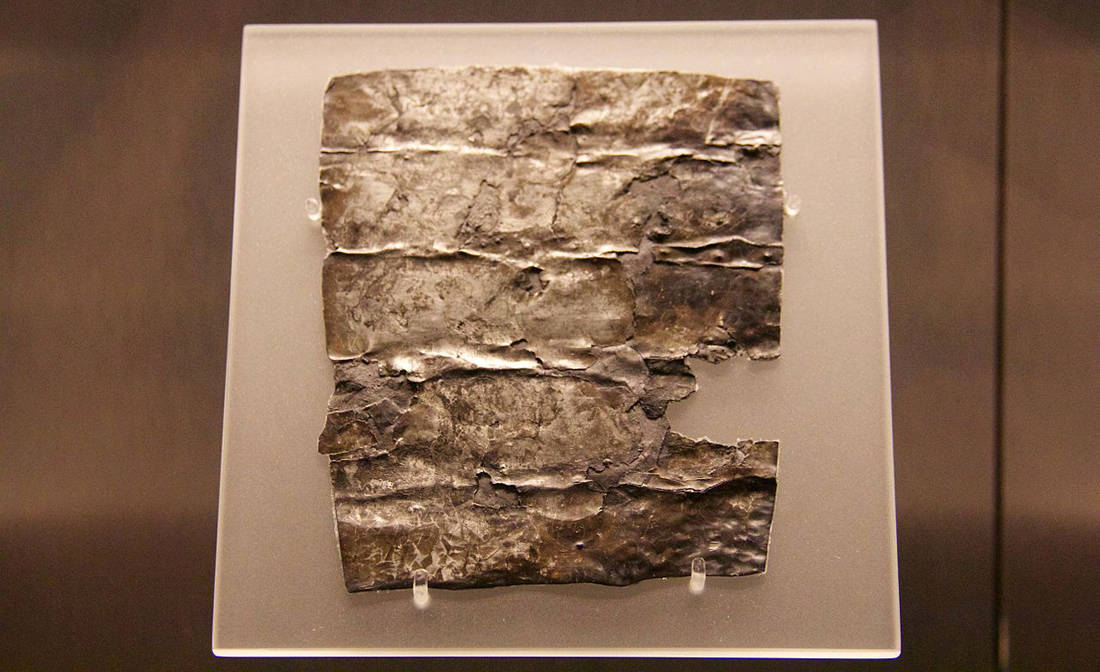
After all, bringing the curse so close to the victim was one of the decisive steps that judged its success. In fact, when it was a curse that was to harm someone's manhood or sexuality, then at the same time to the subterranean god they invoked there was a deity of fertility or love, such as Aphrodite or Eros. Even Isis was addressed here by our ancestors (or Athor, the Egyptian Venus) to hurt the genitals of their enemy.
Such a famous example of a sexual curse comes to us from a man named Pausanias (not the traveler), who, wanting for himself a woman, Symi, curses her for not being able to pray to Athena and for Aphrodite to turn her back on her. until he accepts at least his court.
Academic Esther Eidinow argued in 2007 about the nature of this curse that Symi was probably a prostitute and Pausanias was claiming her sexual exclusivity.
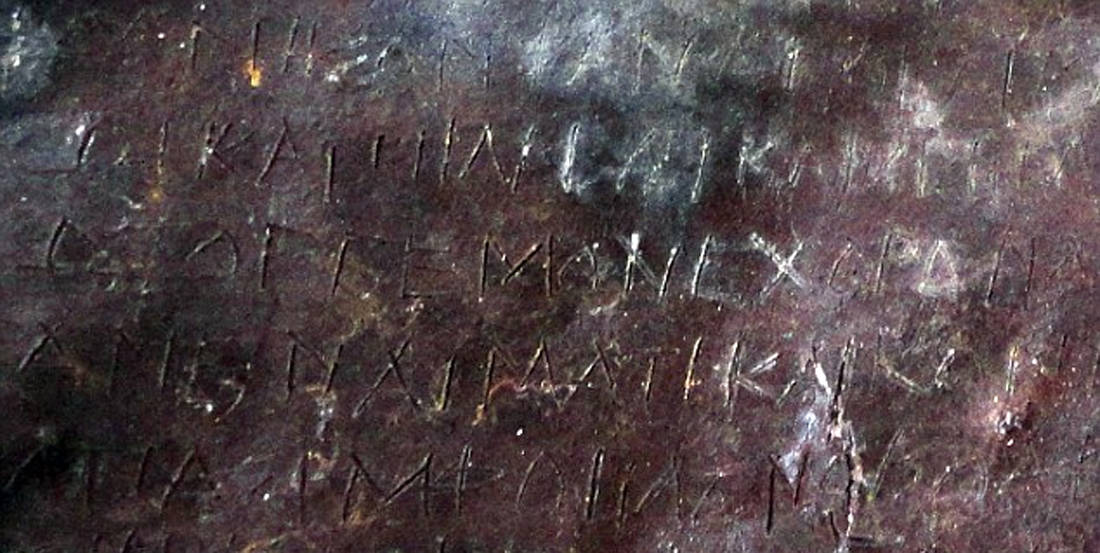
Not one and two, but five curses were thrown by some against the tavern owners of ancient Athens, as we were told by the lead plates (bindings) that were pulled in 2003 from a 2.400-year-old tomb of Piraeus. The excavation was carried out by the KST Ephorate of Prehistoric and Classical Antiquities.
The four curses invoke the usual chthonic gods asking them to mark an equal number of hat owners, while the fifth was unwritten, as sometimes curses were recited orally over the plate, without the need to be written.
"One hundred chthonia, Artemi chthonia, Hermes chthonia, Fanagoras and Demetrios arrived and the captives and money and property, I declare our enemy Demetrius and Fanagoran in the form of cognacs and cognacs. No one will solve you for the first five years. "Let me bind you like this, Demetrius, until you are the most cruel, I will not speak in a tongue", wrote one of them who asked Hecate, Artemis and Hermes to direct their hatred towards Fanagoras and Demetrius, as well as their property.
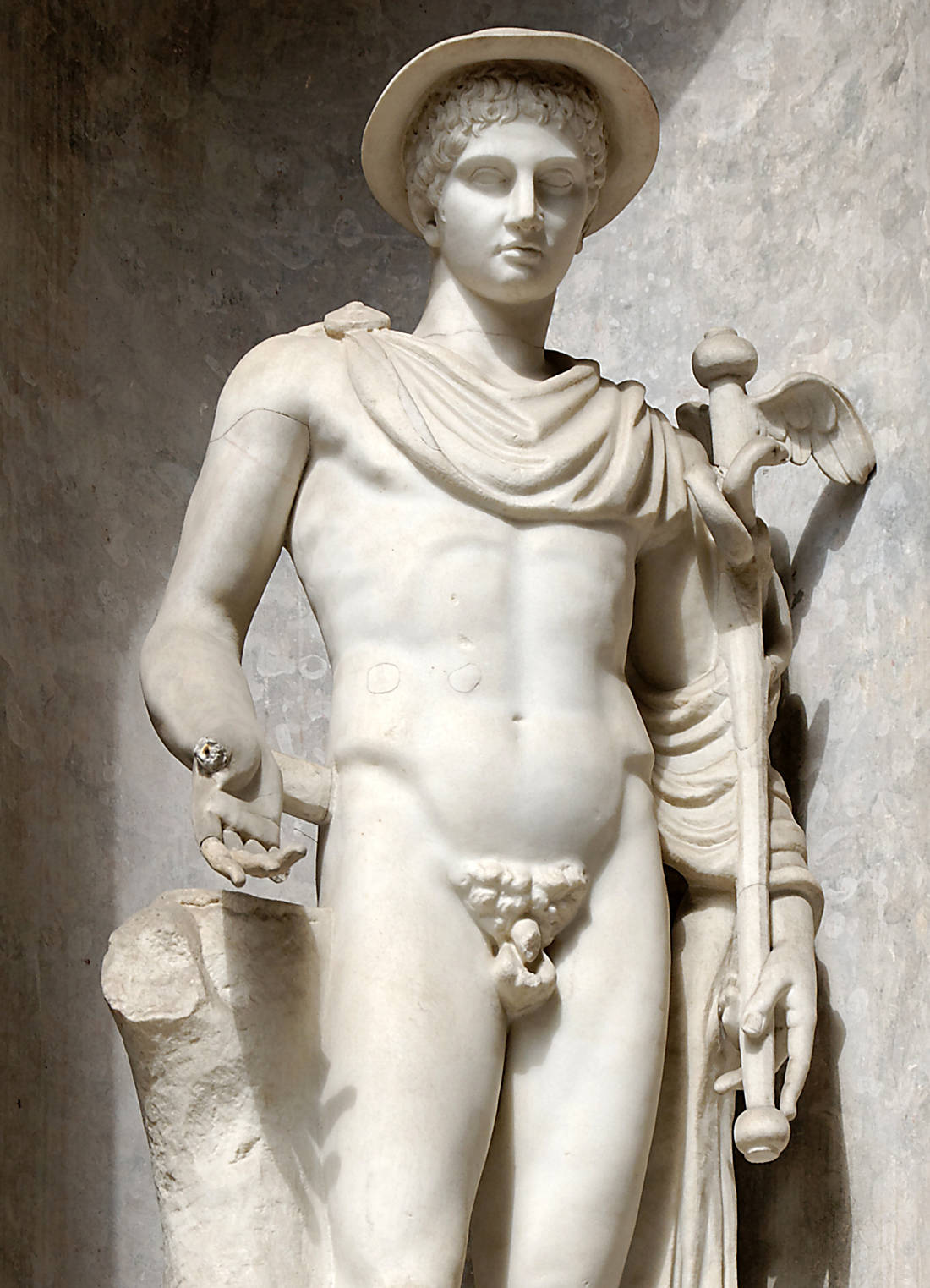
With blood and ashes the curse was "tied" to catch better. And he entered the tomb of the dead woman as the bandits invoked his deities Underworld it was good to be below the surface of the earth. That is why they put them in graves and wells.
According to Johns Hopkins University archaeologist Jessica Lamont, who published the relevant academic article, in ancient Greece there were "experts in curses", who knew how to write them and lived richly from it. Most likely, he tells us, they provided other similar magical services, such as spells and amulets.
So curses, curses against everything, from professional enemies and sexual rivals to objects of desire and whoever caught your eye anyway. The relationship of our homeland with the curses remains fertile and long-lasting, as even Homer testifies to its early existence.
Cracking after the rational spirit of our ancestors, the curses are of great interest to academic scholars, as they put the demonic and the metaphysical out the window into a world that first rejected all of this while enchanting nature…
